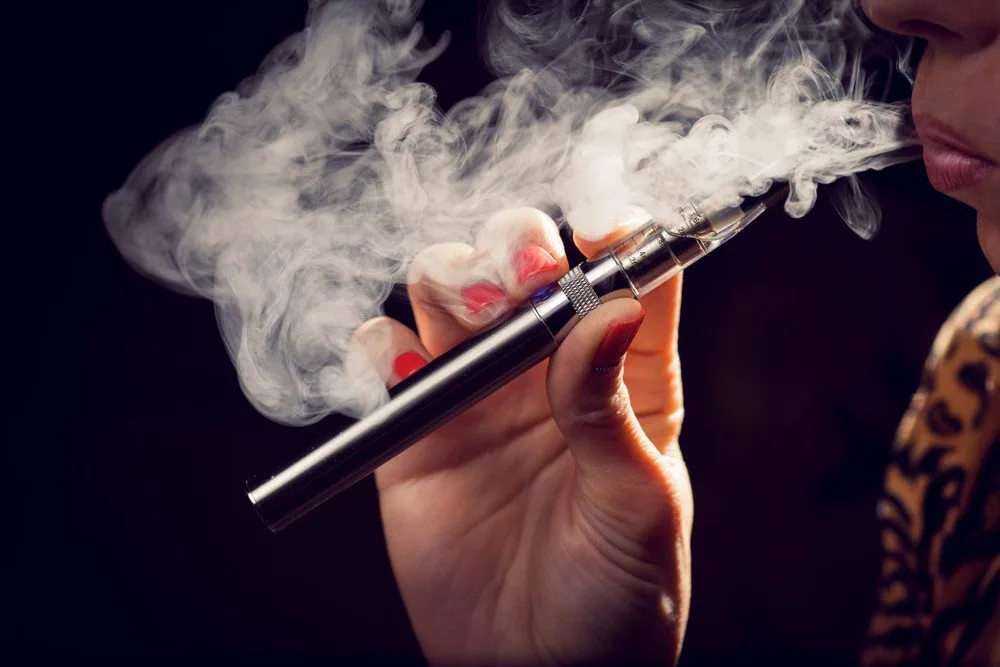E-cigarettes are increasingly coming under fire world over. Whether it be on health grounds or monetary considerations. Now South Africa’s National Treasury is asking for public comment by 7 February 2022 on its proposals to impose a specific excise tax on both the non-nicotine and nicotine solutions in e-cigarettes. Wesley Grimm, Senior Associate & Rudi Katzke, Partner at Webber Wentzel explain.
The South African National Treasury published a draft discussion paper in December 2021 on the proposed taxation of electronic nicotine delivery systems (ENDS) and electronic non-nicotine delivery systems (ENNDS), commonly known as e-cigarettes. According to the National Treasury, e-cigarettes are battery-powered devices that do not burn or use tobacco leaves but vaporize e-liquid solutions that a user inhale.
What are the health-related risks of e-cigarettes?
In its discussion paper, the National Treasury acknowledged that there is uncertainty about the current health-related risks of e-cigarettes. Consequently, it wishes to engage with stakeholders on its fiscal policy recommendations for the taxation of e-cigarettes, as countries like the Philippines, Kenya and Russia are doing.
The National Treasury proposes to introduce a specific excise tax on both non-nicotine and nicotine solutions used in e-cigarettes, and intends to use its existing policy guidelines applicable to other excitable products to do so. For example, traditional tobacco products are subject to excise duties at a rate of 40% of the price of the most popular brand in each tobacco category. When applied to e-cigarettes, users could pay excise duty ranging from ZAR 33.60 to ZAR 346.00 per product, depending on the nicotine content and size of that product. The average excise rate for e-cigarettes is proposed at ZAR 2.91 per milliliter and apportioned in a ratio of 70:30 between nicotine and non-nicotine elements.
 Duties and excise differ by market category
Duties and excise differ by market category
Essentially, users could pay ZAR 2.03 per millilitre of e-cigarette solution containing nicotine and 87 cents per millilitre of e-cigarette solution that contains no nicotine, if the draft proposals are accepted and become legislation. Products with a higher nicotine content, it is suggested, will attract a higher rate of duty compared with lower nicotine products.
National Treasury’s proposals to tax e-cigarette solutions that contain no tobacco or nicotine may, in particular, be questioned by some stakeholders, as it does not necessarily support the government’s stated policy intention of reducing the consumption of tobacco products. It also could stimulate the illicit trade in e-cigarettes, as has happened in the tobacco sector.
It is also worth noting that manufacturers and importers who become liable for the proposed excise taxes on e-cigarettes will need stringent certifications by accredited laboratories, which use either South African National Accreditation or International Laboratory Accreditation Co-operation (ILAC) approved methodologies. Where such certifications are not available, a penalty rate of duty is being proposed, which is another factor that affected stakeholders should scrutinize with care.
Implications for e-cigarettes
E-cigarette users, manufacturers and importers are encouraged to carefully consider this comprehensive draft discussion document and make relevant proposals to National Treasury. Comments on the draft discussion document are due by 7 February 2022.
About Webber Wentzel
With over 150 years of experience and industry knowledge, Webber Wentzel is the leading full-service law firm on the African continent. The company combines the collective knowledge and experience of our firm to provide clients with seamless, tailored and commercially-minded business solutions within record times.





![women [longevity live]](https://longevitylive.com/wp-content/uploads/2020/01/photo-of-women-walking-down-the-street-1116984-100x100.jpg)










